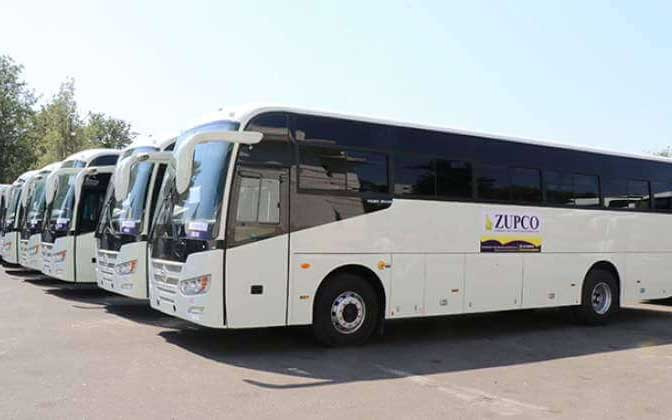
How often have we heard someone say, “I’m not going to get involved! That’s none of my business”? We may say that for the reason that Quentin Crisp has offered: “I recommend limiting one's involvement in other people's lives to a pleasantly scant minimum. This may seem too stoical a position in these madly passionate times, but madly passionate people rarely make good on their madly passionate promises.”
So here is a thought: How involved are we with our child’s education?
Before we jump in with our answer, let us just clarify a couple of points. Firstly, we are being asked “how involved are we with our child’s education?” not with our child’s school.
There is a massive difference there. Part of the misunderstanding is that parents sometimes think that it is the school’s responsibility to educate their child when in fact it is, in the first place, the parents’ responsibility to educate their child — the school only stands “in loco parentis” [‘in the place of the parents’] in specialist areas where the parents may not be able to educate their child.
Too many parents have passed the buck to schools to educate their child in areas that they should be doing, not least in life skills.
It is not a matter of dropping our child off at school and saying, “See you in six years’ time”.
Secondly, there are parents who think that involvement in their child’s education means simply paying the fees on time and dropping off their child at school on time (although on both those counts some parents do not seem to see even that as a major responsibility).
Some think it is simply about attending Consultation Meetings and reading the child’s report.
- ‘New sorghum variety a game changer’
- TikTok to develop parental control tool to block certain videos
- Improving performance in govt, parastatals
- See you in six years
Keep Reading
Others think it is about cooking hamburgers at functions and doing sponsored activities for the school while quietly dreading the prospect of attending the SDC AGM, for fear of being cajoled into further involvement. No, being involved in our child’s education is not that.
With those two caveats in mind, and to help us to think how we should be involved we might consider how involved God is in the education of His children - He is, after all, called our Father.
In doing so, we will learn that we should be interested not so much in what our child does but in how she responds.
We should take delight in her not when she beats the other child but when she has done her best.
We need to be there for our child, at school or at home; we need to be interested in all she is doing and feeling but not interfere.
We need to be involved by letting her deal with the consequences of her actions, helping her to understand where she went wrong and how she can avoid it in future.
We need to help her understand what education is really about (do we see God going on and on about results?). We need to be willing and strong enough to say “No” fairly, firmly, consistently to all that is inappropriate, illegal or immoral.
We need to explain about righteousness and live righteousness, by how we drive our car, how we speak to the guards and how we obey rules.
We as parents need to ask our children questions to help them realise the answers; we must not give them the answers or their requests or their desires all the time.
We need to be waiting for them when they err. We need to be aware of all that is happening but not always step in or comment.
Do we think our child’s education is none of our business? Not so. We are not to interfere with what is happening in the classroom but are to be interested in all aspects of their life.
We do well to learn from the one who said, “When you do nothing, you feel overwhelmed and powerless. But when you get involved, you feel the sense of hope and accomplishment that comes from knowing you are working to make things better.” We are to make things better for our child, not simply materially.
So, how exactly are we involved in our child’s education? Imagine a sports stadium: the focus is on the players on the field but present in the stadium there are also spectators, coaches, reporters, commentators, officials, physiotherapists, managers.
Our child is a player on the field, seeking to learn through the whole sporting experience: but which one of those categories are parents? Are we a spectator?
A commentator, reporter or official? The manager, coach or physio? Are we even at the game?
What is our involvement in our child’s education? It is as much ours, as it is the school’s, business. We are not on the field but must be involved in the right area. So, see you tomorrow!
Tim Middleton is the executive director of the Association of Trust Schools [ATS]. The views expressed in this article, however, are solely those of the author in his private capacity and do not necessarily represent the views of the ATS. Email: [email protected]
website: www.atschisz






